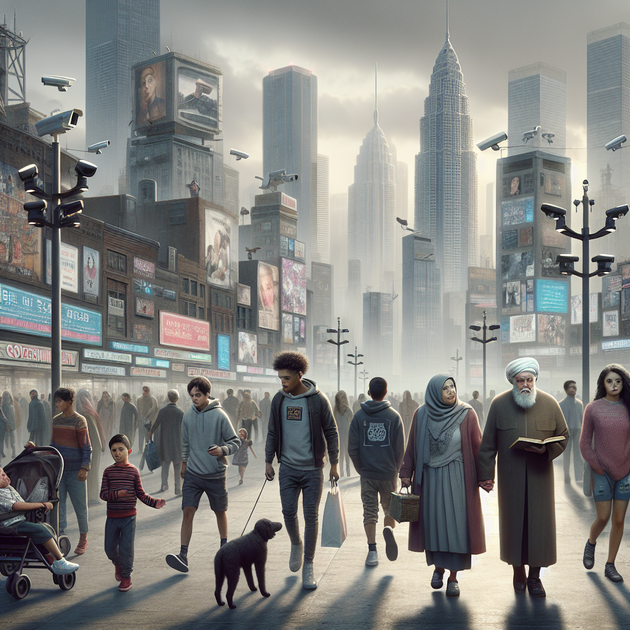Ever wondered what your life would look like if the developed world slipped into authoritarianism? It’s a chilling thought—one that feels more sci-fi than reality. But let’s play out a scenario where extremist parties win elections everywhere and democracy quietly fades away. What would our day-to-day routines look like five years from now?
How Would Daily Routines Change Under Developed World Authoritarianism?
Let’s start with the basics. If the developed world embraced authoritarian rule and got rid of elections for good, small things might feel different right away—but some changes would creep in more slowly.
– **Media and information:** News would sound eerily similar everywhere. Major outlets might echo government talking points and filter out “controversial” topics. Social media? Expect heavy moderation or outright bans on certain words or hashtags.
– **Technology:** Your phone and laptop could have more restrictions. Apps you rely on today—like private messaging or encrypted email—might disappear or require government approval.
– **Workplaces:** Companies could come under pressure to report “unusual” conversations or political opinions among employees. Office culture might become extra cautious.
– **Schools:** Kids might learn an updated version of history that highlights national pride over critical thinking.
– **Public spaces:** Protests would be rare (and risky). You might see more police presence at events—or even at your local coffee shop.
What About Our Freedoms and Rights?
In a world ruled by authoritarians, a lot of freedoms we take for granted could shrink or vanish:
- Speech: Criticizing leaders online or at work might land you in trouble.
- Privacy: Surveillance cameras everywhere—plus digital monitoring of emails, texts, maybe even smart home devices.
- Travel: Crossing borders could require special approval; even leaving your city for a weekend trip may need paperwork.
- Voting: Forget it—elections as we know them wouldn’t exist anymore.
Imagine waking up to find your favorite news app no longer works—and your social feeds are mostly cat photos and state-approved memes.
Beneath the Surface: Social Changes and Everyday Pressures
Beyond laws and rules, societies themselves would shift under developed world authoritarianism. Some people might feel safer because crime is strictly punished—but others would feel constantly watched.
Here’s a quick rundown of what might change:
- Mental health: Stress levels could spike as people worry about saying or doing “the wrong thing.”
- Community: Neighbors may become less open with each other—after all, who knows who’s listening?
- Cultural life: Art, music, movies—all likely subject to approval. Banned books lists would grow.
A friend once told me about visiting family in an old Eastern European country back when it was under strict rule. He said there was always this low-level anxiety in public spaces—people kept their voices down on buses and avoided political chat at dinner tables. Folks lived their lives but learned to “read between the lines” in everyday conversation.
The Tech Twist: Surveillance and Control
Technology is a double-edged sword in this scenario. On one hand, governments could use it to monitor citizens around the clock; on the other hand, privacy tools and underground networks might flourish quietly.
Some possible tech-driven changes:
– Biometric scanners at building entrances
– Regular online “loyalty checks” for employees
– AI programs that flag “suspicious” behavior in emails or texts
Of course, not everyone would accept these changes quietly—there’d almost certainly be underground movements working hard to keep independent voices alive.
So… Is This Future Set in Stone?
Maybe you’re reading this thinking, “Could it really get that bad?” The truth is nobody can predict exactly what will happen if democracy crumbles in the developed world—but history shows societies adapt quickly (for better or worse).
So here’s my question for you: If you woke up five years from now under an authoritarian regime…what freedom would you miss most?

Leave a Reply